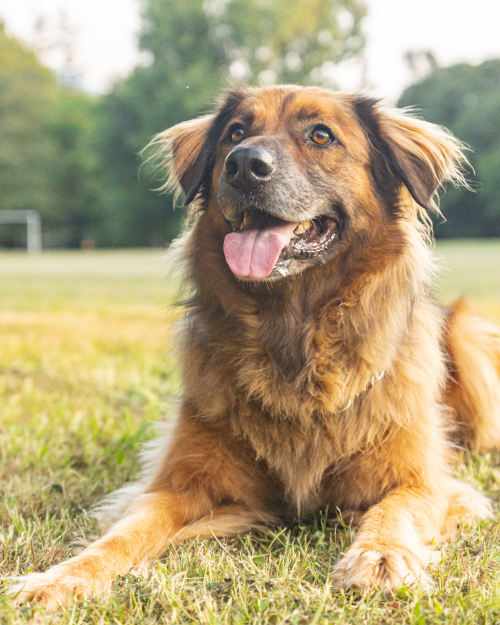
If you want to take in an animal welfare dog in your home, that is of course commendable. After all, the animal shelters are full of four-legged friends who deserve a second chance at a happy life.
By adopting one of the animals, you make a valuable contribution to animal welfare and at the same time receive a loyal four-legged friend for life.
Nevertheless, the adoption of a shelter dog needs to be well thought out. To avoid unpleasant surprises, you need to consider a few things in advance. You can find out what is particularly important in the following paragraphs.

If you have visited the animal shelter in your city in the past, you will know that there are countless dogs of different breeds housed there, from young to old.
The reasons for this are numerous. Sometimes, after the death of the owner, there is no one to take care of the dog. Occasionally, however, events such as divorce or moving house change the life of the owner, so that there is suddenly no more room for the four-legged friend in their everyday life. Unfortunately, sometimes people only realise how much work a dog entails after they have acquired it and therefore decide to give the animal away again.
Regardless of this, when adopting a shelter dog, you should be aware that the animal may well have had bad experiences with people or may not have been raised properly.
Of course, this does not mean that it is the dog's fault that it was handed in at the shelter. Nevertheless, you should keep this circumstance in mind, as it can of course have an effect on the four-legged friend's behaviour.
Getting a pet is not something you should decide on lightly. This is especially true for a dog, which, compared to many other animals, such as guinea pigs or rabbits, is significantly more work and also incurs higher costs.
Both with a shelter dog and with a puppy from a breeder, you must therefore think carefully in advance whether you can and want to take on the responsibility that comes with keeping a dog in the long term.
In principle, of course, every dog needs sufficient attention from its owner. However, this is especially true for animal welfare dogs. After all, these four-legged friends have often had very bad experiences, which can sometimes manifest themselves in the form of behavioural problems.
Of course, anxiety and aggression in dogs can be counteracted. However, you should not underestimate the challenges involved. Depending on the severity of the problems and your own experience as a dog owner, you may even need the support of a dog trainer.
Of course, dogs are not people, but animals. Nevertheless, the four-legged friends are often very different from each other in terms of their nature and character. For this reason, it is usually not a good idea to simply take in a shelter dog without first getting to know it a little.
Therefore, first, visit the four-legged friend regularly and go for a walk together. In this way, you will quickly find out whether you and the animal welfare dog are a good match and whether adoption makes sense.
An important point that you should clarify when adopting an animal welfare dog is the health condition of the four-legged friend. After all, the treatment of chronic dog diseases often causes very high veterinary costs.
This does not mean that you cannot take in a sick dog. However, you should be aware of the financial consequences and make the decision consciously.
If you want to adopt a shelter dog and have decided on a particular four-legged friend, it is advisable to talk to the shelter staff. After all, they usually know the dog and its quirks quite well. The more you know about your potential new housemate, the easier the acclimatisation process will be.
Of course, the day of moving in is not only very exciting for the shelter dog, but also you. Assume that your new housemate will need a few days to settle in with you.
It is best to take a holiday and give your new family member a lot of attention in the beginning. Make sure, however, that you set certain limits for your four-legged friend and do not let him get away with everything.
If you prove to be a loving and reliable partner, it will certainly not take long until the shelter dog feels comfortable with you and you both can no longer imagine a life without the other.
If you want to feed your animal welfare dog in a species-appropriate way in the future, you are exactly right with the products from Bellfor. In our range, you will find a wide selection of high-quality dry and wet food, healthy dog snacks as well as natural food supplements and care products.
However, keep in mind that a change of food brings additional stress for your four-legged friend. We, therefore, recommend that you initially keep the food that the dog knows from the shelter. Once the animal has settled in with you, you can then switch to Bellfor dog food step by step.

